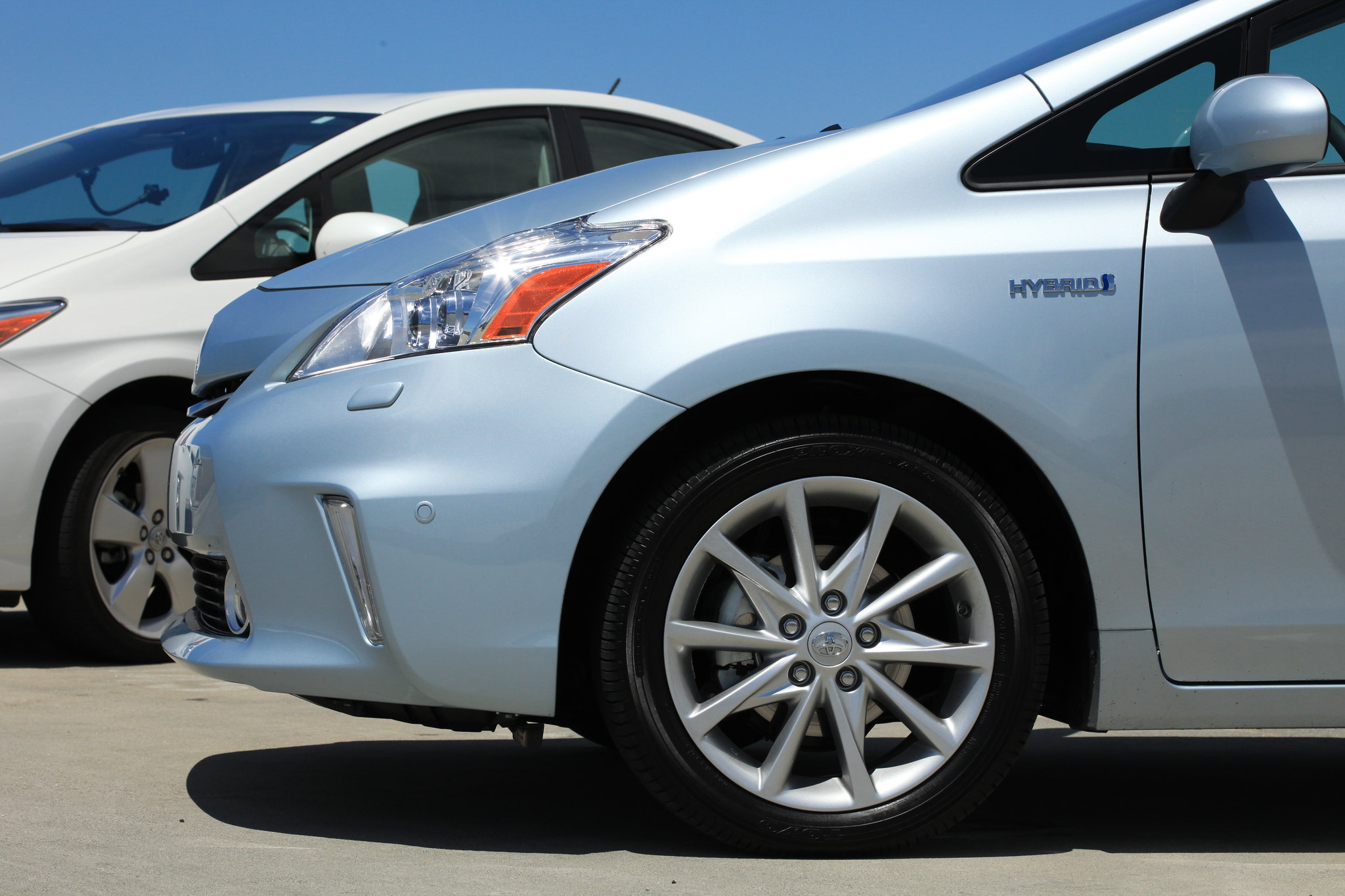Shop At Haya: Your Ultimate Shopping Guide
Discover the best shopping tips, trends, and deals for a smarter buying experience.
Caught Between Two Worlds: The Hybrid Car Dilemma
Explore the hybrid car dilemma and discover if the compromise is worth it. Uncover the truth about fuel efficiency and driving pleasure!
Understanding the Advantages and Disadvantages of Hybrid Cars
Hybrid cars combine both an internal combustion engine and an electric motor, offering several advantages that appeal to environmentally conscious drivers. One of the most significant benefits is improved fuel efficiency, which leads to reduced greenhouse gas emissions. Additionally, many regions offer incentives such as tax breaks or rebates for purchasing hybrid vehicles, making them financially attractive. Furthermore, hybrids often provide a quiet and smooth driving experience thanks to their electric motor, making them ideal for urban commuting.
However, there are also some disadvantages of hybrid cars. The initial purchase price tends to be higher than that of traditional gasoline-powered vehicles, which can deter some buyers. Moreover, hybrid batteries can be costly to replace, and the availability of charging stations for plug-in hybrids may be limited in certain areas. Finally, some drivers may find that the complexity of hybrid technology can lead to higher maintenance costs over the vehicle's lifespan.

Hybrid vs. Traditional: Which Car Really Saves You Money?
When considering the financial implications of owning a car, the debate between hybrid and traditional vehicles is a hot topic. On one hand, hybrid cars are designed to be fuel-efficient by utilizing both a gasoline engine and an electric motor, which often results in better miles per gallon (MPG) ratings. According to studies, hybrid vehicles can offer up to 50% better fuel efficiency compared to their traditional counterparts. This efficiency not only means that drivers spend less on fuel, but it can also lead to significant savings over time, especially for those who drive long distances regularly.
However, the initial cost of purchasing a hybrid car tends to be higher than that of a traditional vehicle. This means you’ll need to weigh the upfront investment against potential long-term savings. To make a more informed decision, consider the following factors:
- Maintenance Costs: Hybrids often have lower maintenance costs due to fewer moving parts.
- Resale Value: Hybrids typically maintain their value better than traditional cars.
- Incentives: Many regions offer tax breaks or incentives for hybrid buyers.
Is a Hybrid Car Right for You? Key Questions to Consider
Deciding whether a hybrid car is right for you involves considering several key factors. First, fuel efficiency is a significant advantage that hybrid vehicles offer, often boasting considerably higher miles per gallon than traditional gas-powered cars. If you commute frequently or take long road trips, a hybrid's ability to switch between gasoline and electric power can lead to substantial savings at the pump. Additionally, environmental impact plays a crucial role; hybrids produce lower emissions, making them a greener choice for eco-conscious drivers.
Another critical question to ponder is your driving habits. If your routine consists primarily of city driving with frequent stop-and-go traffic, a hybrid could enhance performance since these vehicles capture energy during braking and use it for acceleration. However, if you primarily drive long distances on highways, the benefits may diminish compared to traditional vehicles. Lastly, consider your budget; while hybrids often come with higher upfront costs, potential savings on fuel and government incentives may offset this initial investment over time.